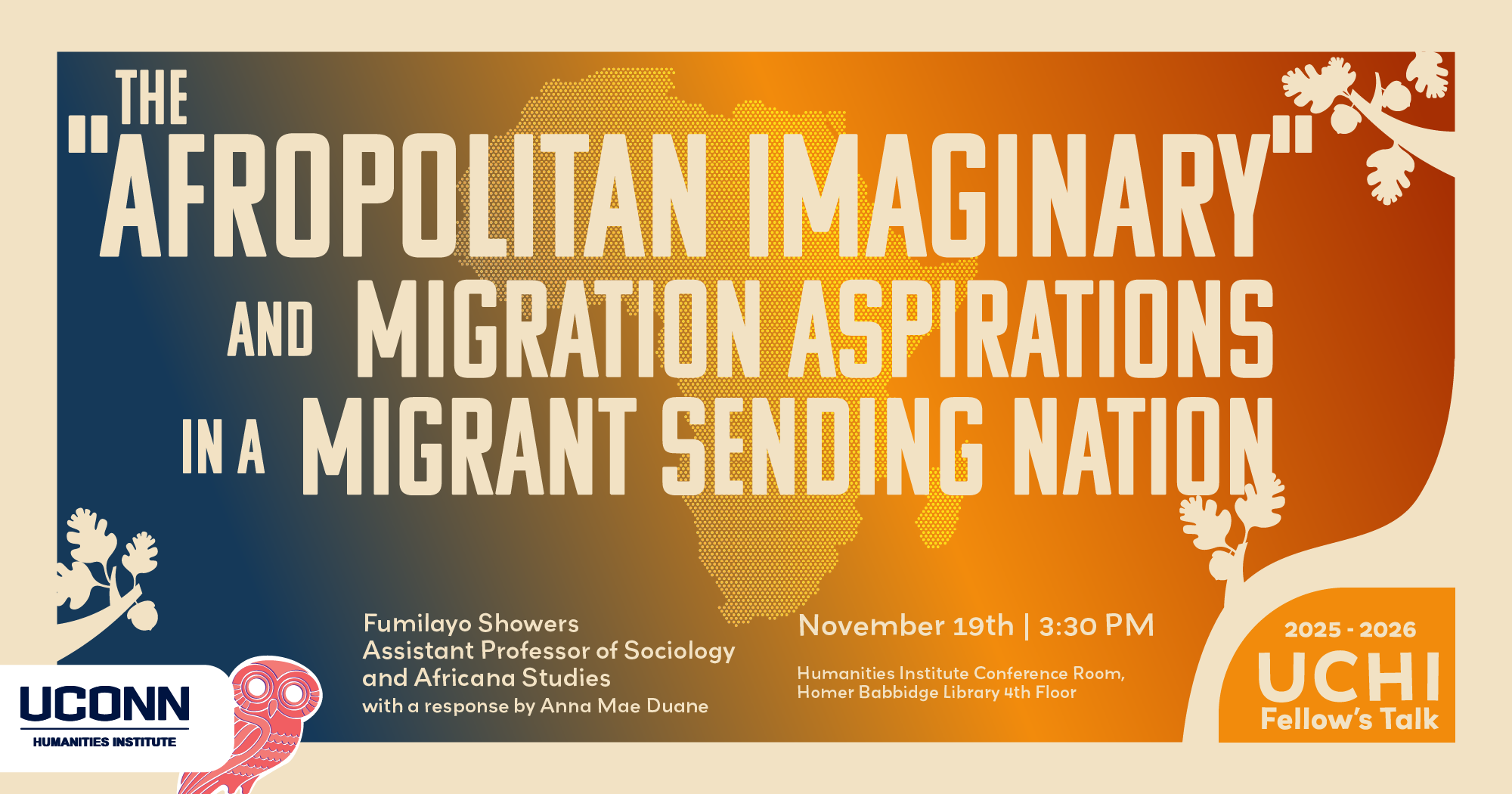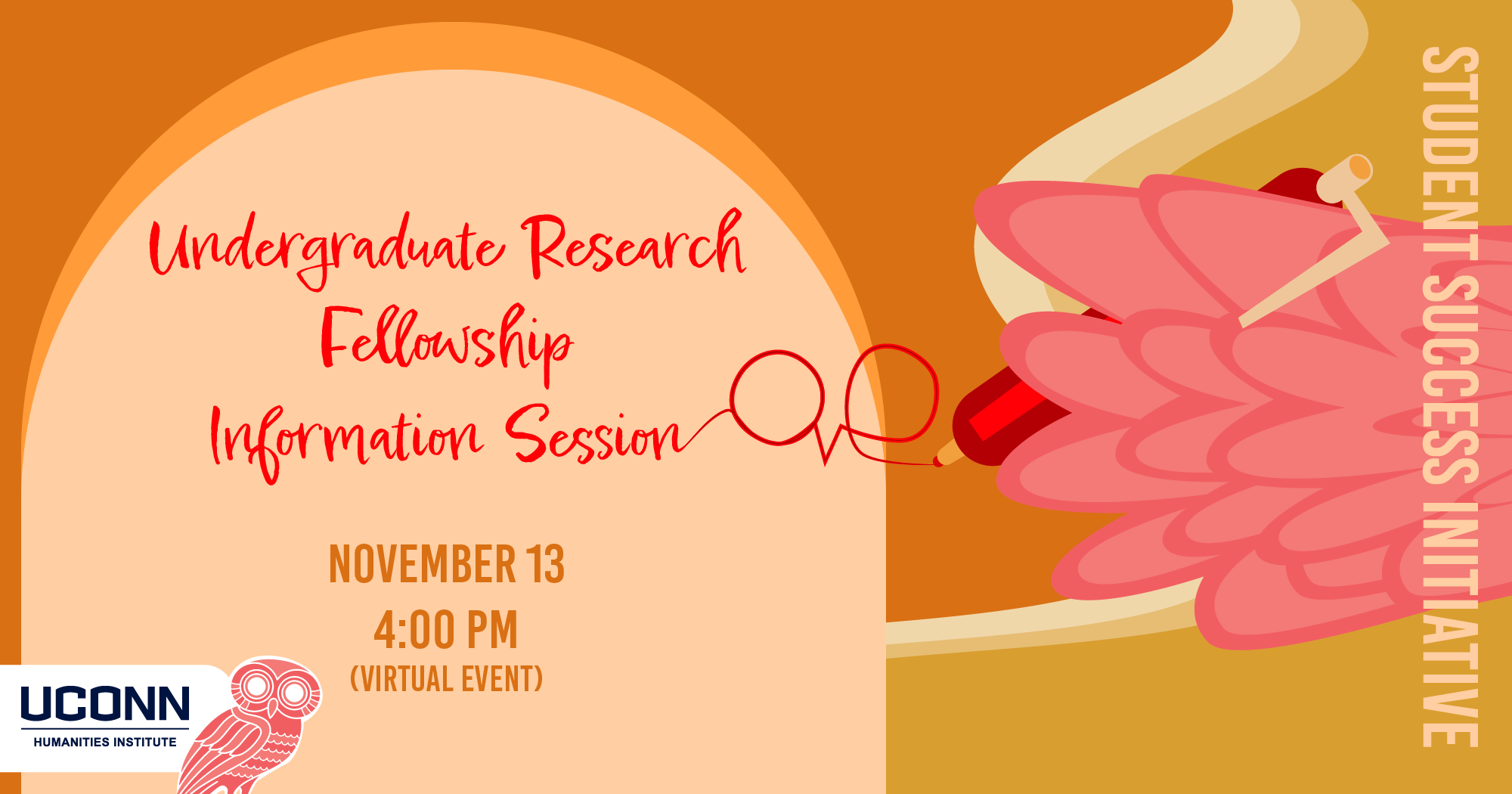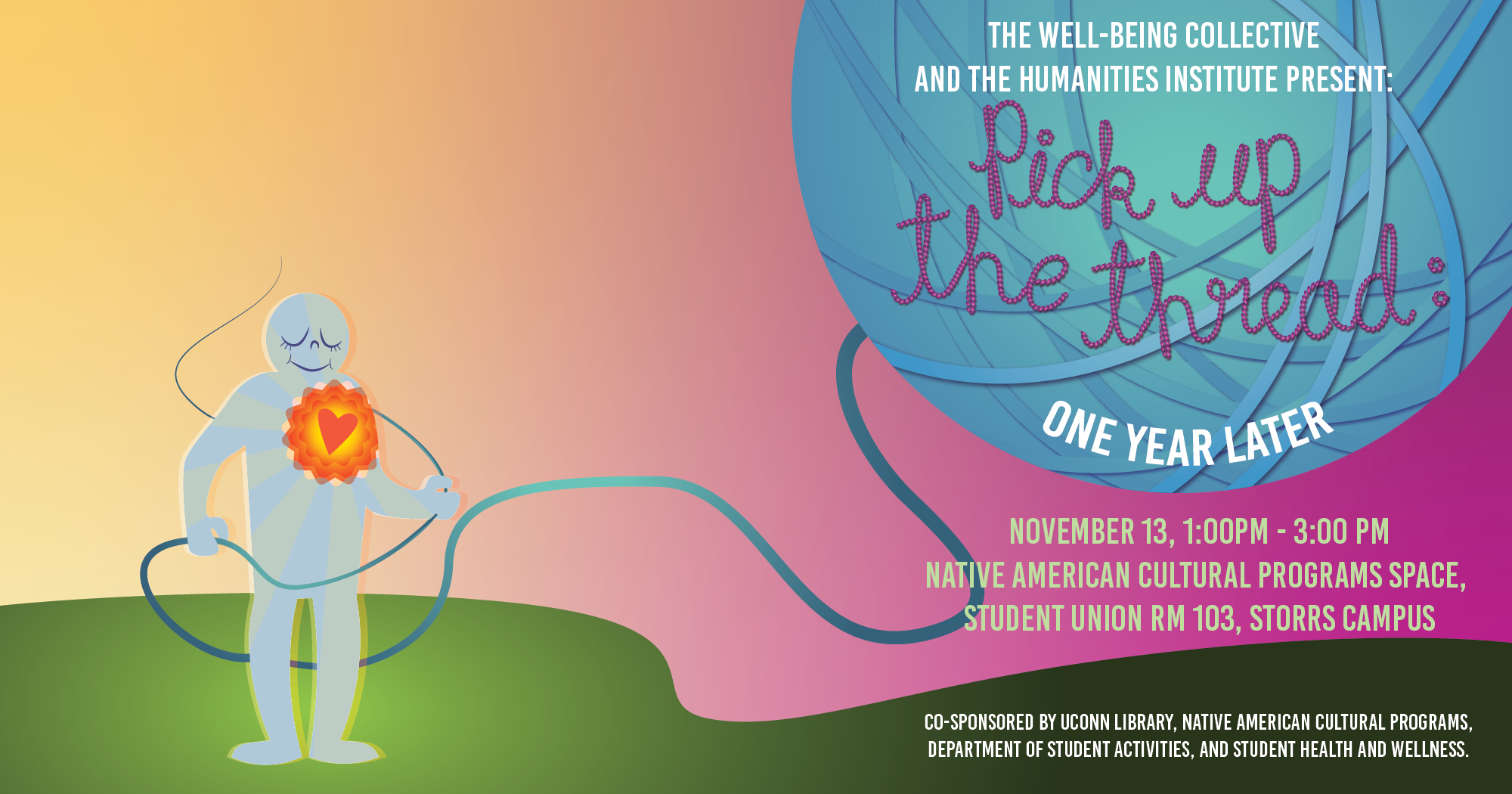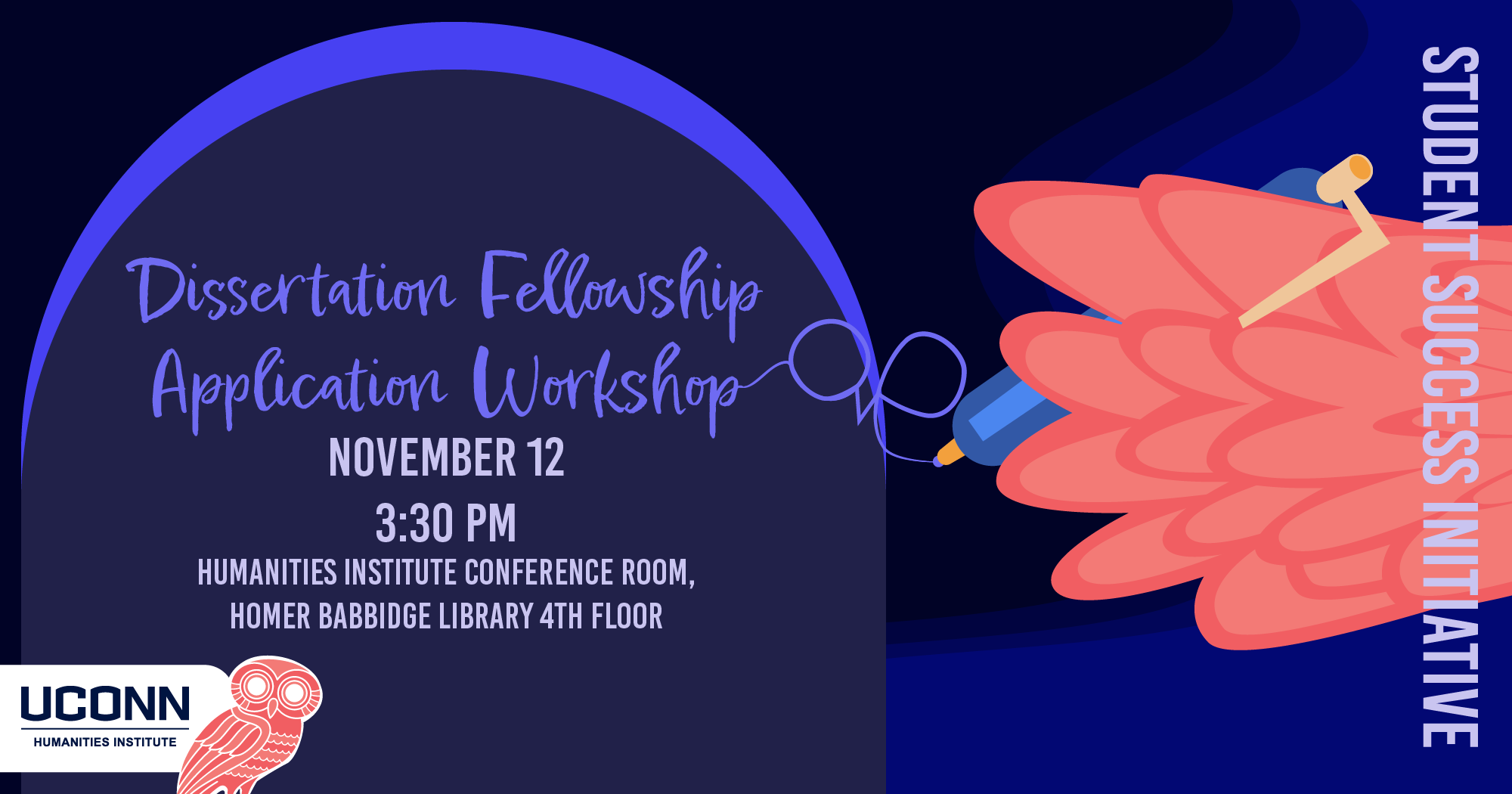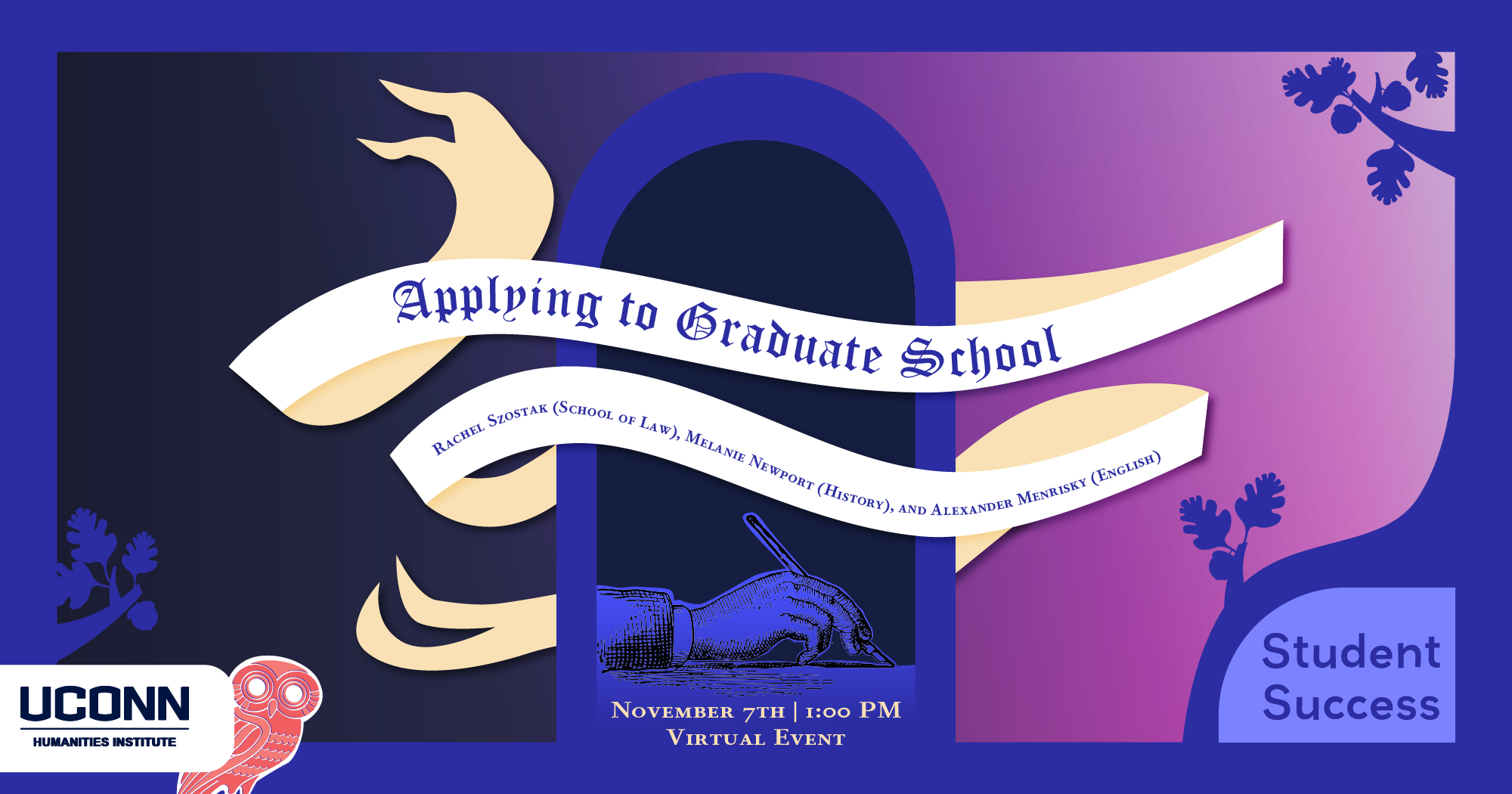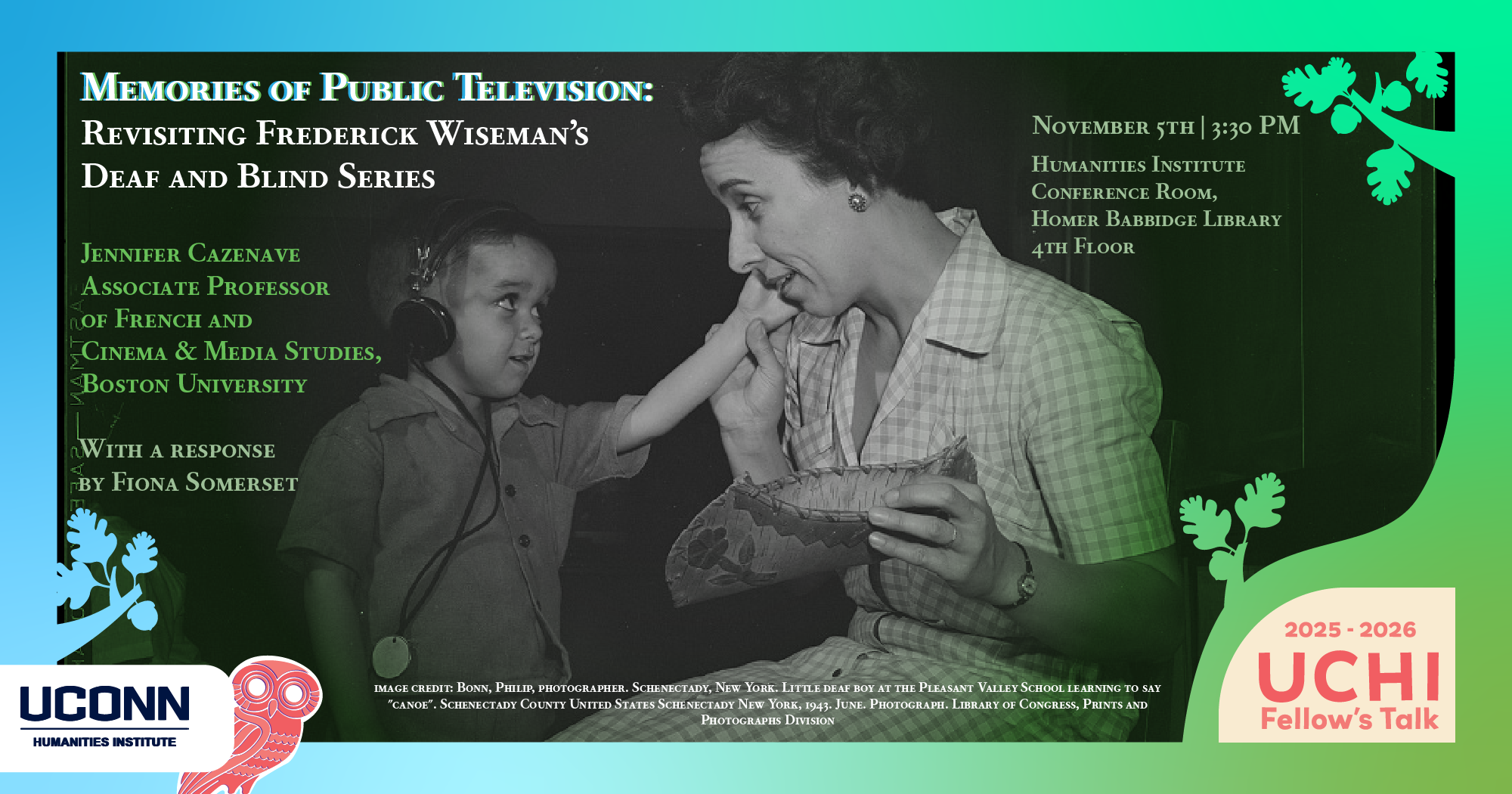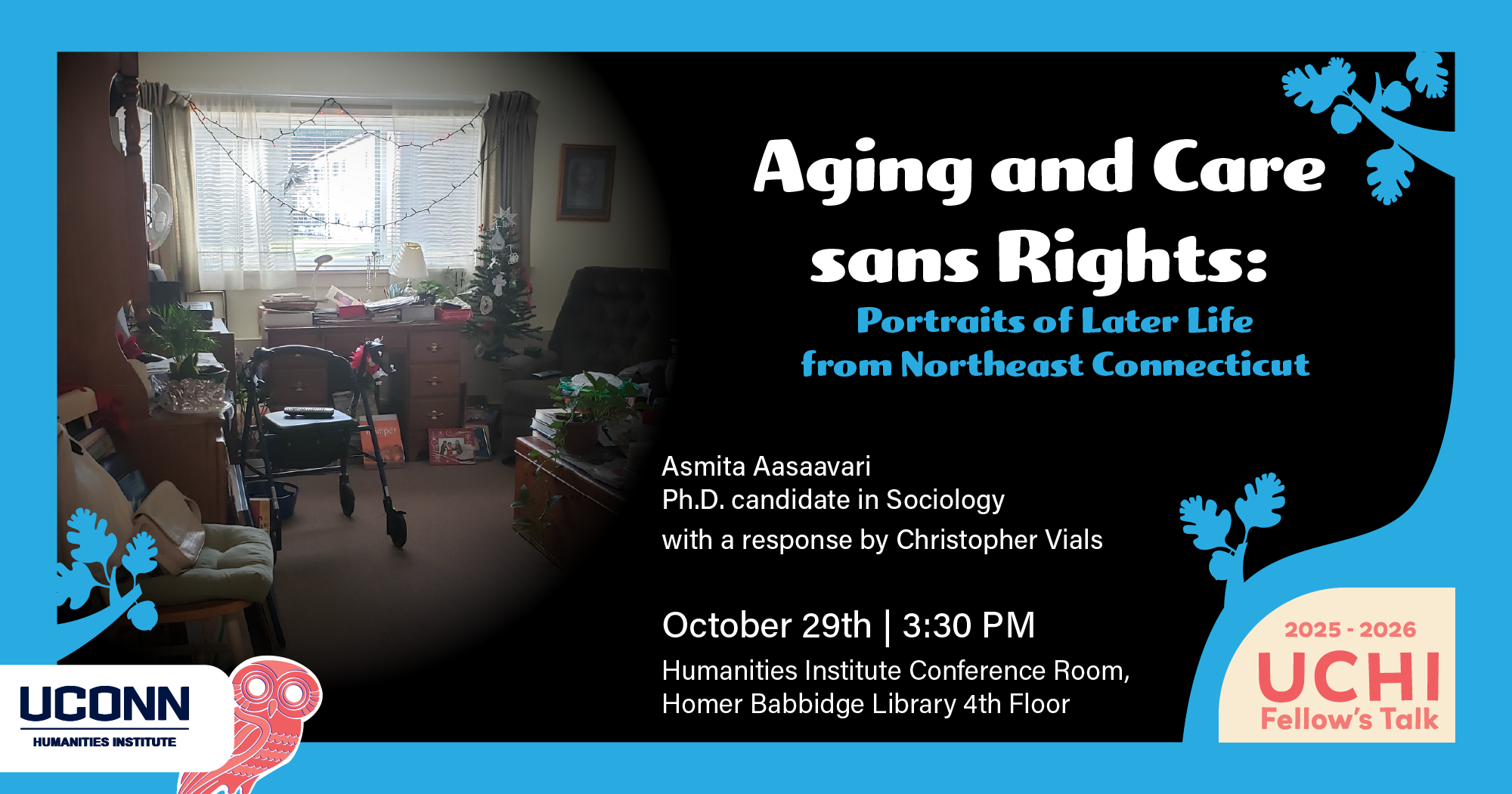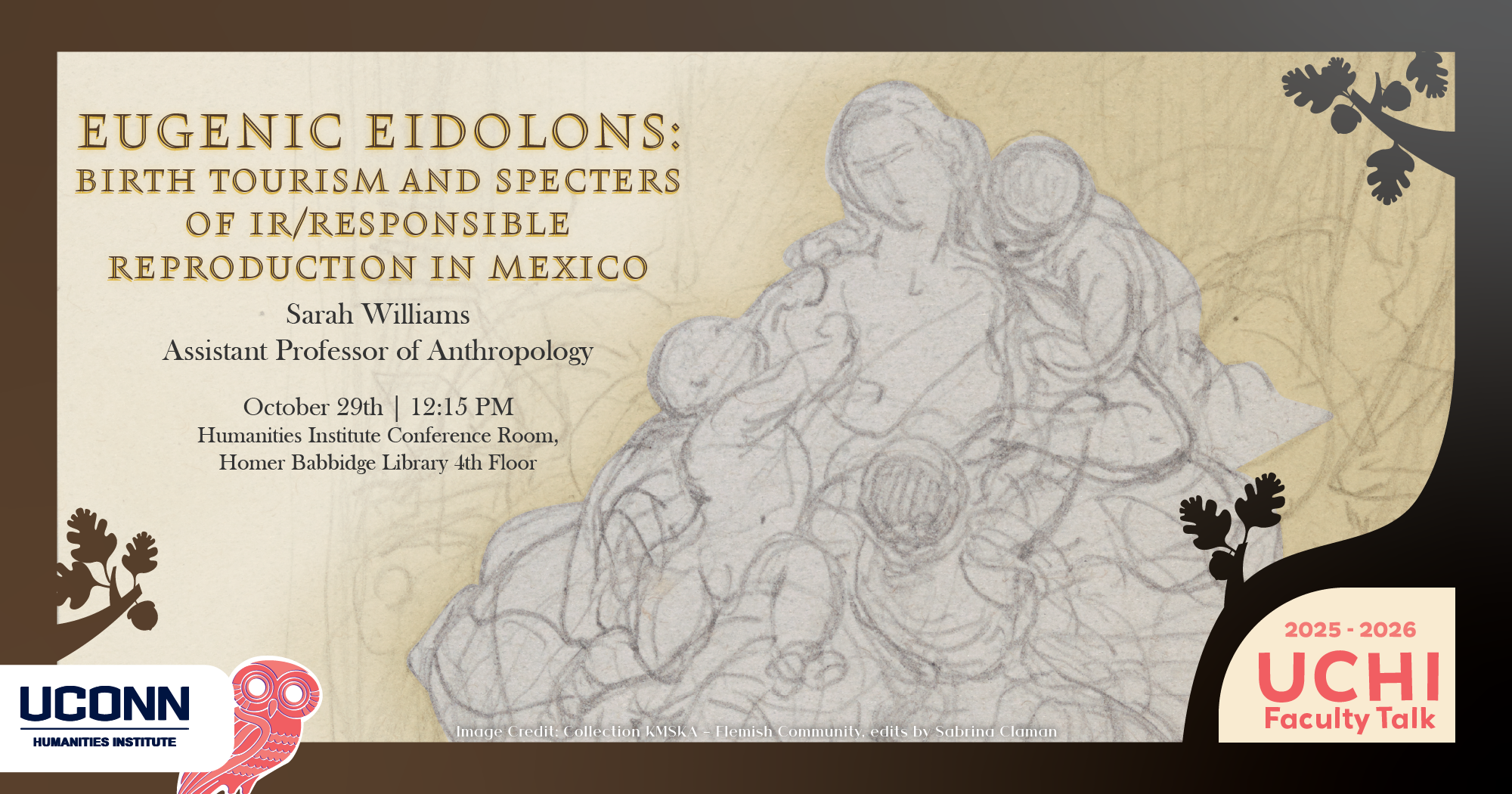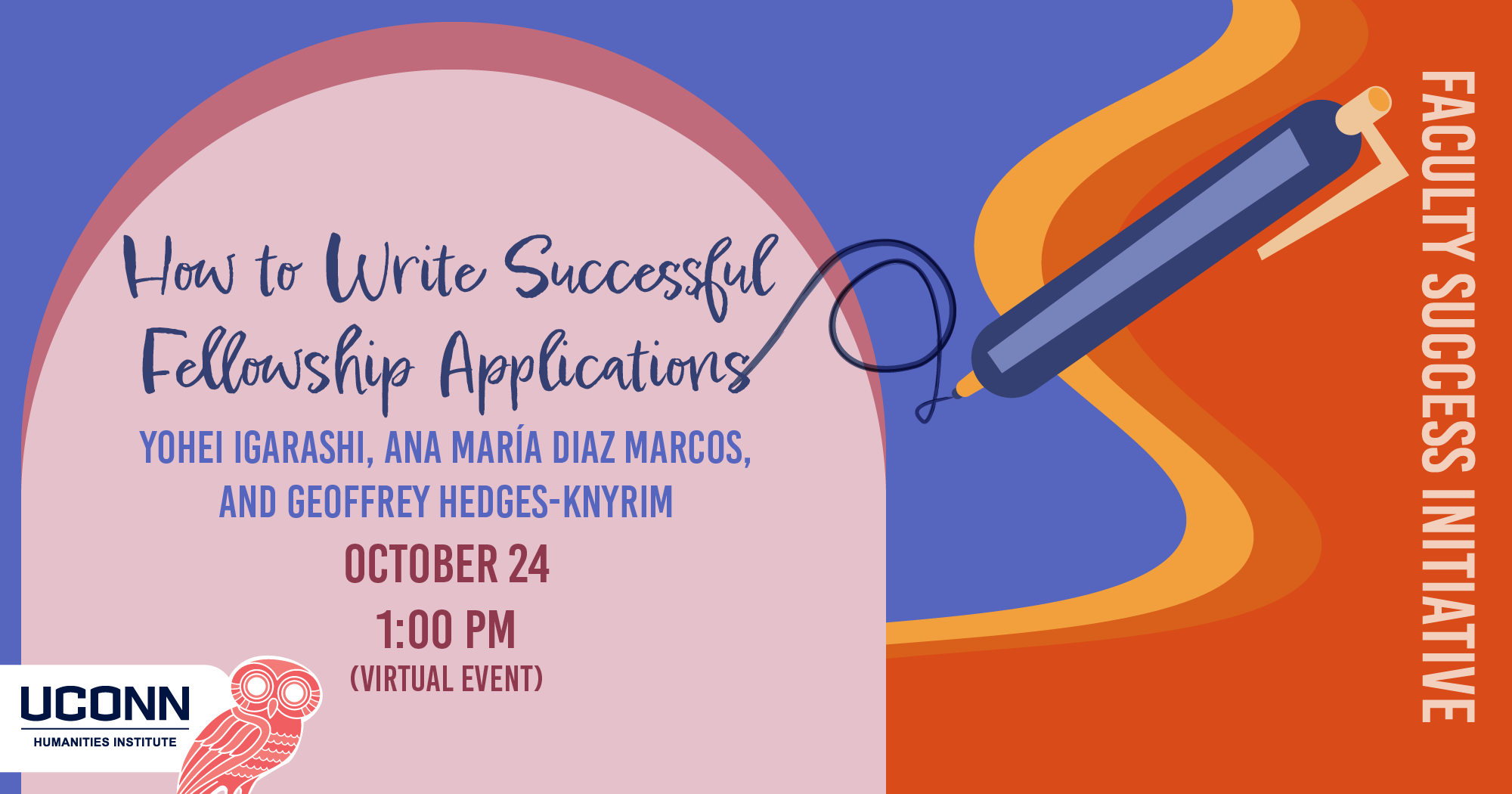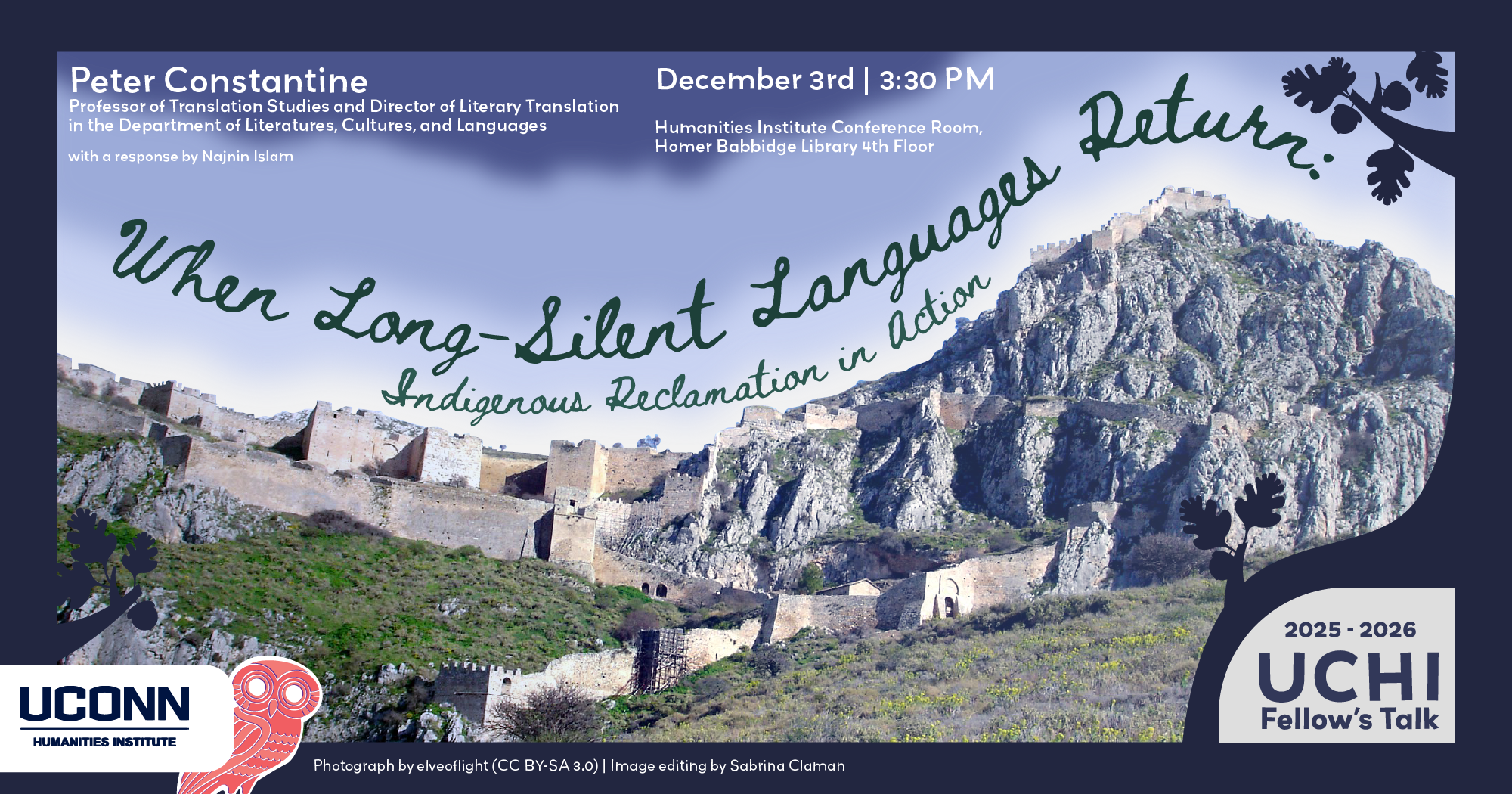
When Long-Silent Languages Return: Indigenous Reclamation in Action
Peter Constantine (Professor, LCL, UConn)
with a response by Najnin Islam (English, UConn)
Wednesday, Decmeber 3, 2025, 3:30pm, Humanities Institute Conference Room (HBL 4-209)
The event will also be livestreamed with automated captioning.
In my talk I plan to discuss strategies used by indigenous communities throughout the world to reclaim their extinct heritage languages, examining both the reasons for wanting to revive languages that in some cases have not been spoken for centuries and the different methods used by these communities to do so. I have both a professional and personal interest in language reclamation as I grew up in Attica and Corinth speaking Arvanitika, a severely endangered non-Greek language of Greece. Since the last speakers and semi-speakers of Arvanitika are of my generation and older, our language is facing inevitable extinction.
In my talk I aim to focus exclusively on extinct languages that are being reclaimed, as opposed to severely endangered languages that are being revitalized with the help of a few remaining fluent or terminal speakers. In the case of language reclamation, linguists and communities typically use written documentation by non-native settlers, early travelers, and missionaries to revive and recreate an extinct language.
I also plan to touch on the different expectations of communities seeking to reclaim their language and give examples of different projects. Še:wey Čahnu, for instance, is a pidgin of California’s Southern Pomo language, which linguists have recently constructed in order to offer the community easy access to a simplified version of their heritage language that has extraordinarily complex grammatical structures. Palawa Kani is a new language constructed by the Tasmanian Aboriginal Centre using fragmentary eighteenth- and nineteenth-century wordlists from a number of different extinct Tasmanian languages to create something new. Nynorn, “New Norn,” is a revived form of Norn, a Scandinavian language of Shetland and Orkney that went out of daily use in the eighteenth century.
Reclamation projects rarely aim to recreate a language exactly as it once was. Something new inevitably emerges. At a time when the world is losing languages at an alarming pace, these efforts represent both resistance and renewal.
Peter Constantine’s translations include works by Rousseau, Machiavelli, Gogol and Tolstoy for Random House, Modern Library. He is a Guggenheim Fellow and was awarded the PEN Translation Prize and the National Translation Award. He is among the last speakers of Arvanitika, a severely endangered language of Greece, and is currently involved in documentation, conservation, and revitalization efforts. He is a professor of translation studies at the University of Connecticut and publisher of World Poetry Books.
Najnin Islam is Assistant Professor of English at the University of Connecticut. Her research focuses on post-emancipation labor economies in the Caribbean and the Indian Ocean world. Her work has been published in journals such as Small Axe, ARIEL, Interventions, Global South Studies, and Verge. She has also written for Adam Matthew Digital and a pedagogical essay of hers is forthcoming in the edited volume MLA Options for Teaching: Food in Literature. Her research has received support through the NEH and other institutional funding. During her time at the UCHI, she will work on her current book project that examines the entangled histories of race and caste in the Anglophone Caribbean after emancipation, particularly during the era of Indian indentureship.
Access note
If you require accommodation to attend this event, please contact us at uchi@uconn.edu or by phone (860) 486-9057. We can request ASL interpretation, computer-assisted real time transcription, and other accommodations offered by the Center for Students with Disabilities. Requests should be made at least five business days in advance whenever possible.
